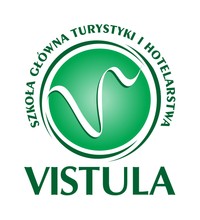Do you want to find your future employment in the field of travel, adventure, recreation, business tourism or working in the tourist services industry?
At the Faculty of Tourism and Recreation you will gain knowledge of business organisation, marketing, law, human resources management and guiding; you will also gain the skills necessary to organise conferences or business trips. You will participate in training camps of qualified tourism. The university has its own tourist resort "Mazur" at "Święcajty" lake ".
You will be able to use the skills acquired during your studies, in practice, by participating in international conferences organised by the Scientific Association of Tourism.
As the specialist programmes at the Faculty of Tourism and Recreation have been developed in close cooperation with our business partners they are tailored to the needs of the market. Consequently, you will be able to take advantage of the diverse range of internships offered in the companies managed by the University's business partners.














